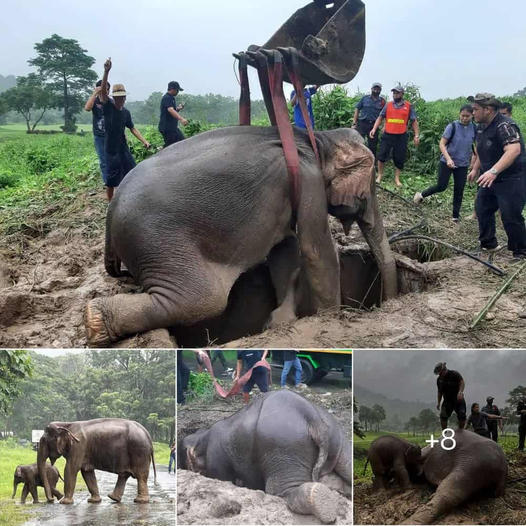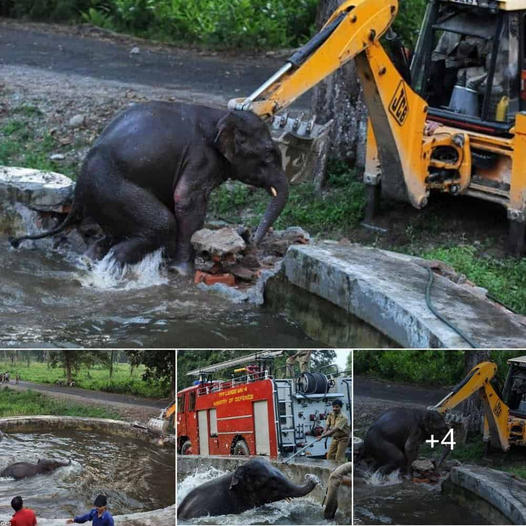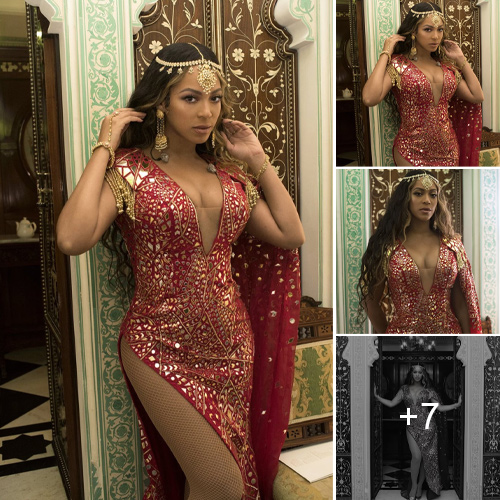In the whirlwind of reality television, where fame can be as fleeting as it is intoxicating, Chelsea Blackwell from Love Is Blind Season 6 has emerged as a polarizing figure, sparking discussions about the ethics of leveraging newfound celebrity status. As her profile continues to rise in the aftermath of the show, questions arise about whether she is truly utilizing her platform for positive impact or merely capitalizing on her newfound fame for personal gain.
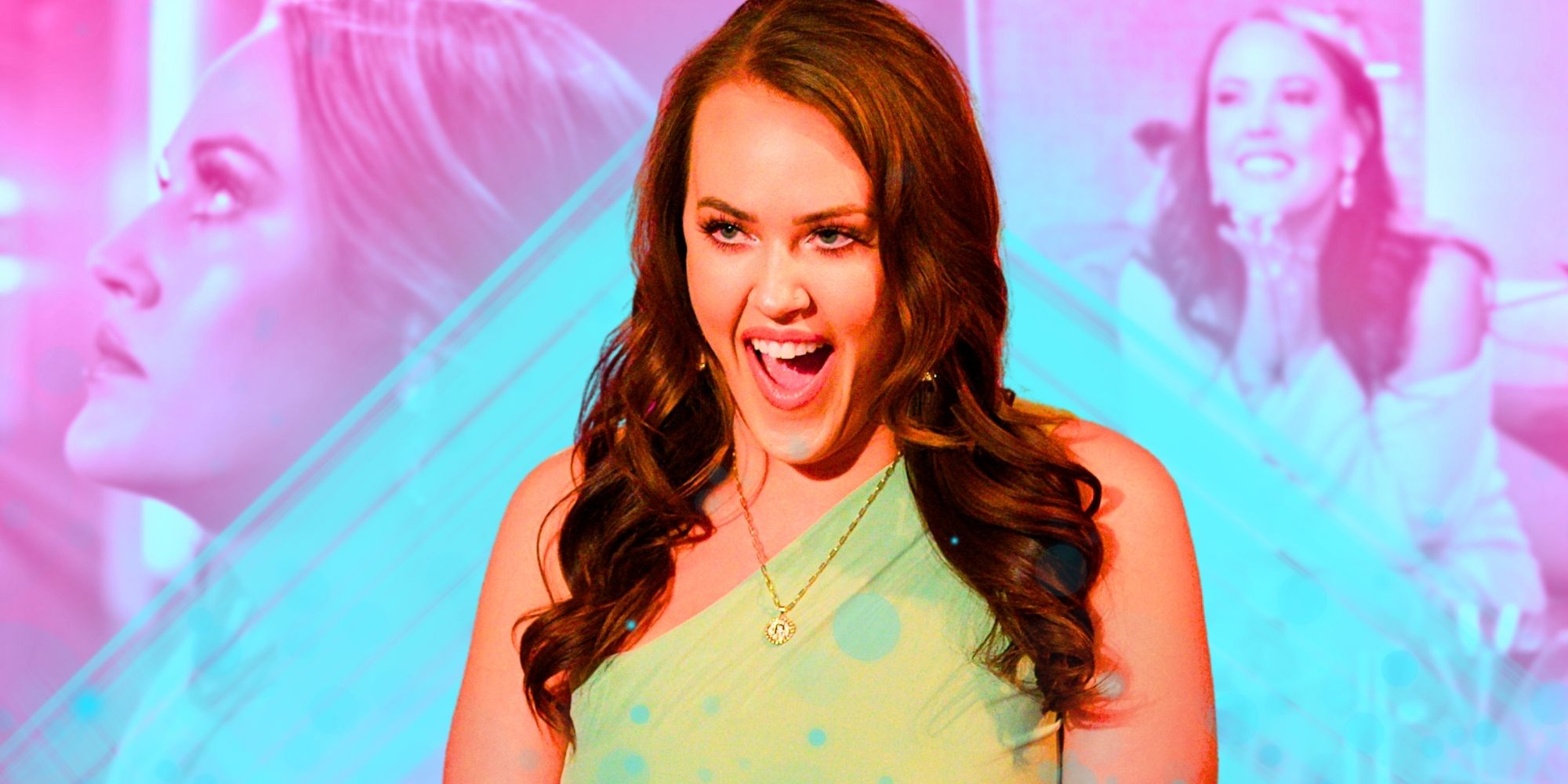
Chelsea’s journey on Love Is Blind captivated audiences worldwide, as she navigated the highs and lows of finding love in a unique social experiment. Her charm, wit, and undeniable chemistry with her partner endeared her to fans, propelling her into the spotlight and granting her a level of celebrity previously unknown to her.
However, as the dust settles and the frenzy of the show begins to wane, Chelsea finds herself at a crossroads, faced with the temptation to monetize her newfound fame at every turn. From sponsored Instagram posts to paid appearances at events, the opportunities are endless, but the ethical implications are often overlooked.
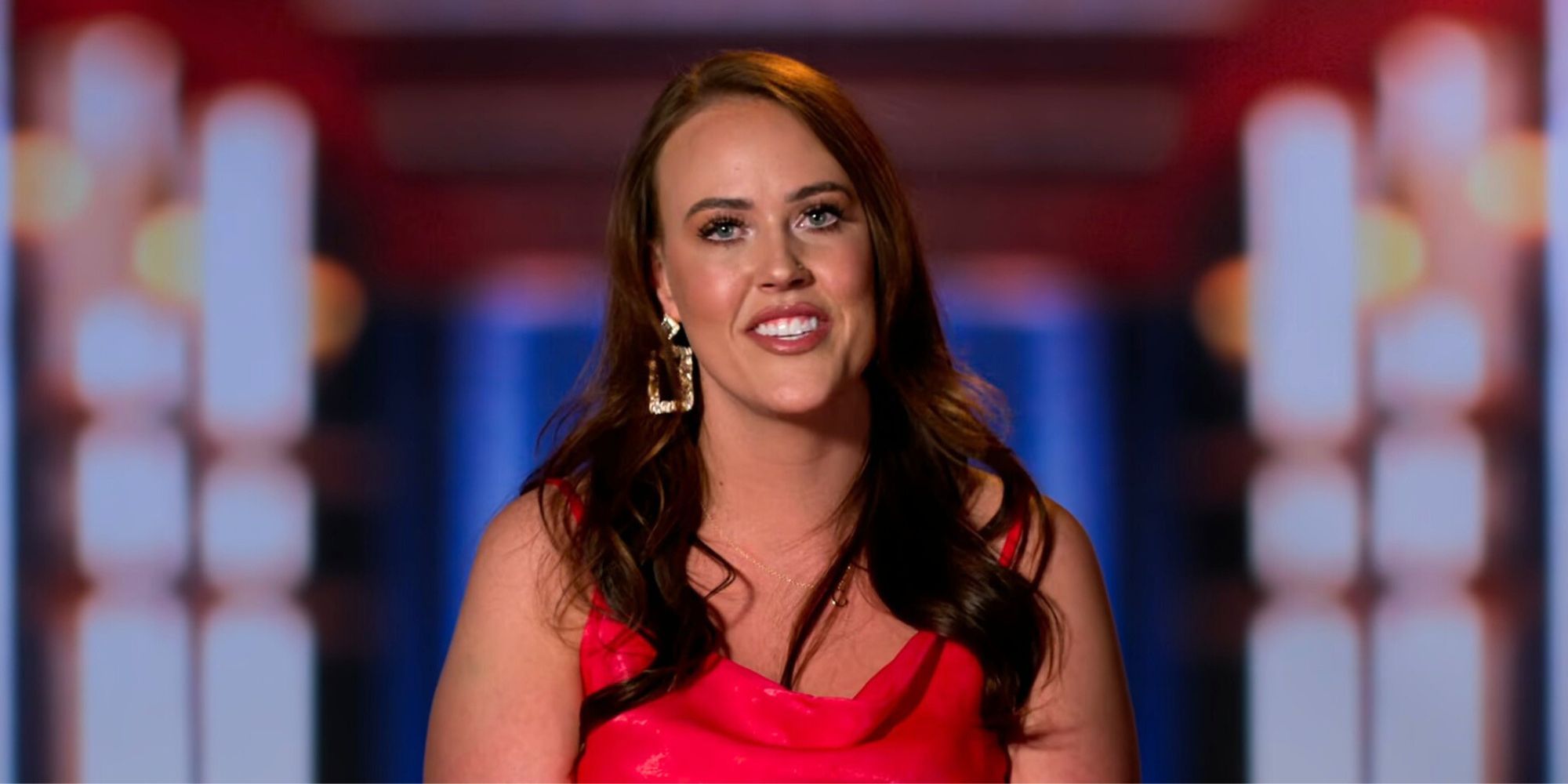
While there is nothing inherently wrong with capitalizing on one’s fame, there is a fine line between using it for positive influence and exploiting it for personal gain. In Chelsea’s case, critics argue that she is veering dangerously close to the latter, prioritizing lucrative deals and endorsement opportunities over meaningful engagement with her audience.
Instead of using her platform to advocate for causes she is passionate about or championing social change, Chelsea seems more focused on cultivating a persona of glamour and luxury, perpetuating the shallow stereotypes often associated with reality TV stars.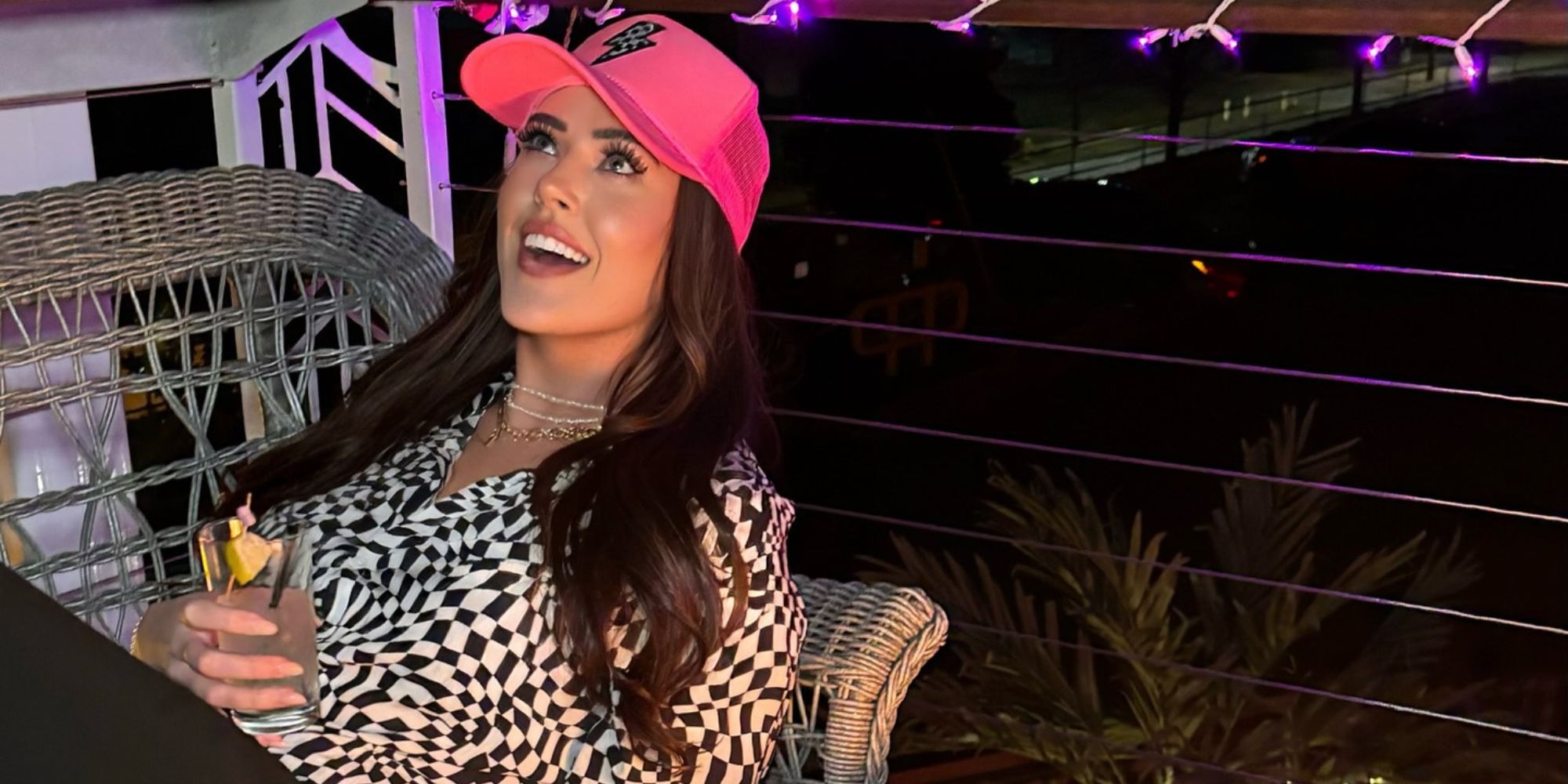
In a culture obsessed with celebrity and instant gratification, it is all too easy to succumb to the allure of fame and fortune, but true fulfillment lies in using one’s influence for the greater good. As Chelsea navigates the complexities of newfound stardom, she would do well to remember the power she wields and the responsibility that comes with it.
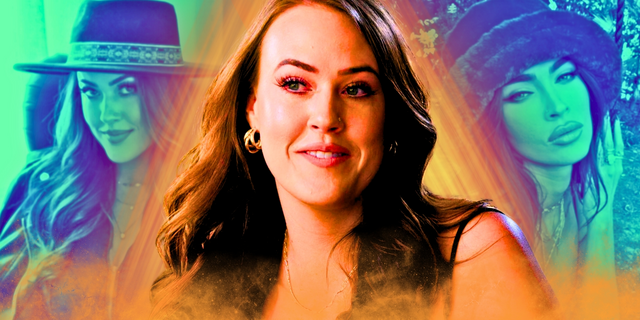
Ultimately, whether Chelsea chooses to continue down the path of self-serving exploitation or redirect her focus towards meaningful impact remains to be seen. But one thing is clear: in the age of influencer culture, the line between fame and infamy has never been thinner, and the choices we make with our platforms can have far-reaching consequences.

